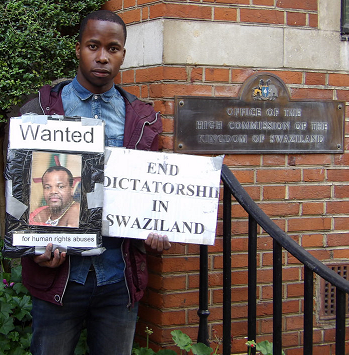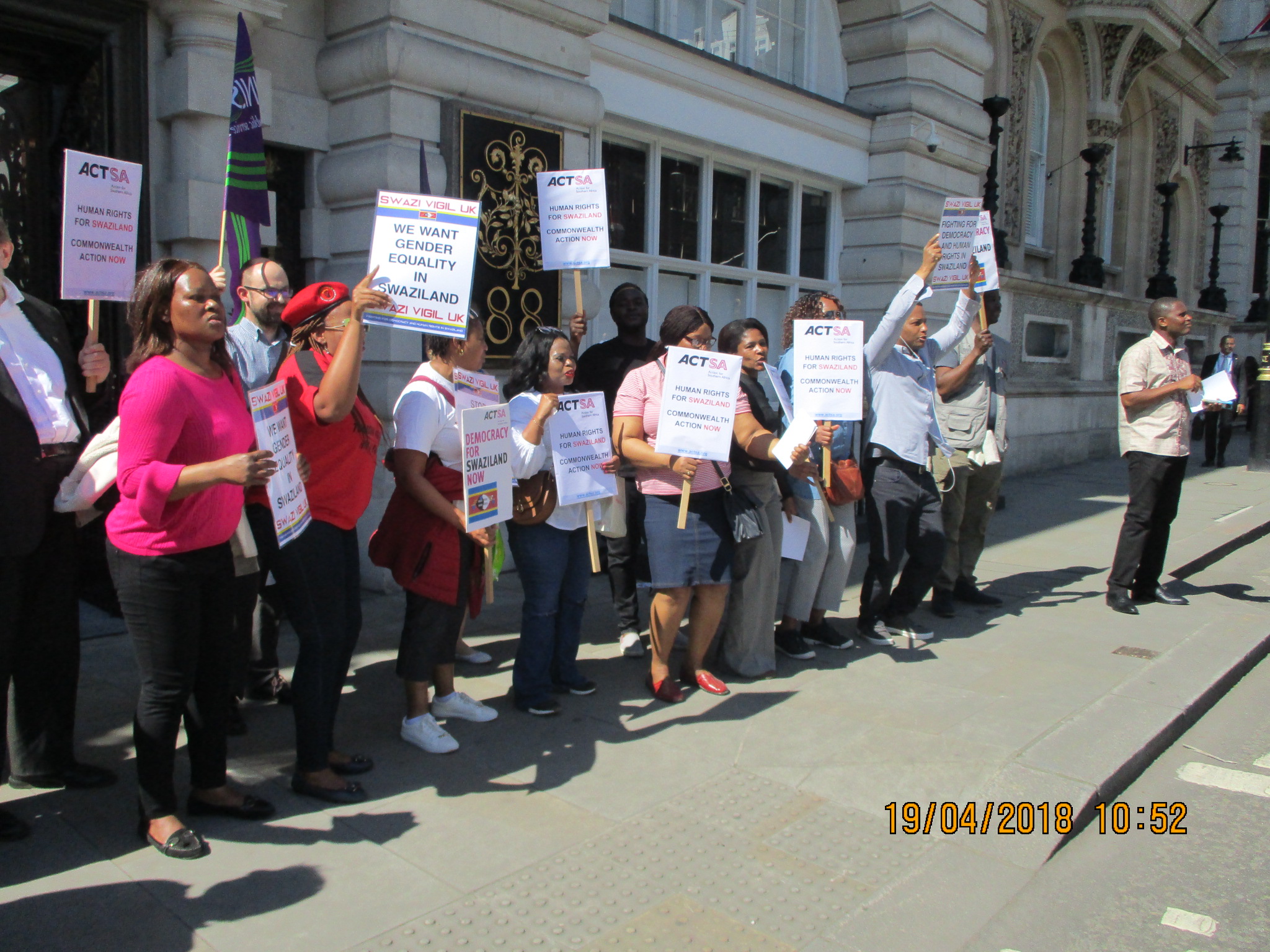The African Growth and Opportunity Act, or AGOA is a legislation that has been approved by the U.S. Congress in May 2000. The purpose of this legislation is to assist the economies of sub-Saharan Africa and to improve economic relations between the United States and the region. The legislation authorized the President of the United States to determine which sub-Saharan African countries would be eligible for AGOA on an annual basis. The eligibility criteria was to improve labour rights and movement toward a market-based economy. Each year, the president evaluates the sub-Saharan African countries and determines which countries should remain eligible.
It is no surprise that Swaziland has failed to comply with these rules. A press conference due to be held by the US Embassy on Monday (19 May 2014) to make the announcement was called off at the last minute. No reason for the cancellation or alternative date for the announcement was given. The United States had given Swaziland an ultimatum to implement the full passage of amendments to the Industrial Relations Act; full passage of amendments to the Suppression of Terrorism Act (STA 2008); full passage of amendments to the Public Order Act; full passage of amendments to sections 40 and 97 of the Industrial Relations Act relating to civil and criminal liability to union leaders during protest actions; and establishing a code of conduct for the police during public protests. They failed to implement any change.
On 1 January 2015, the US President Obama issued a proclamation removing Swaziland from the list of sub-Saharan African beneficiaries that receive duty-free access to U.S. markets under the U.S. African Growth and Opportunity Act (AGOA). Some observers fear that Swaziland’s exit from AGOA will have a profound impact on the country’s economy, which is already experiencing close to 40 percent unemployment. A number of experts have credited AGOA with helping to boost the Swazi garment industry; however, without preferential U.S. market access, the industry is expected to contract, resulting in the loss of approximately 17,000 jobs, according to one official from the Federation of Swaziland Employers.
As Swaziland Vigil UK, we will continue fighting against such traditions and practices because these are the very core violations of human rights the Swazi regime exercises without even the possibility of being challenged. We continue to FIGHT FOR DEMOCRACY IN SWAZILAND, FREEDOM OF SPEECH, HUMAN RIGHTS AND ALSO WOMEN's RIGHTS until the whole world hears us.
By: Sakhile Hlatshwako
References:
1. http://www.brookings.edu/blogs/africa-in-focus/posts/2014/06/27-swaziland-agoa-africa-union-summit-trade-copley
2. http://agoa.info/news/article/5411-swaziland-confusion-over-kingdom-s-agoa-status.html
3. http://www.observer.org.sz/news/60744-it%E2%80%99s-difficult-to-get-back-agoa-usa.html.



 Protest photos on Flickr - Click
Protest photos on Flickr - Click